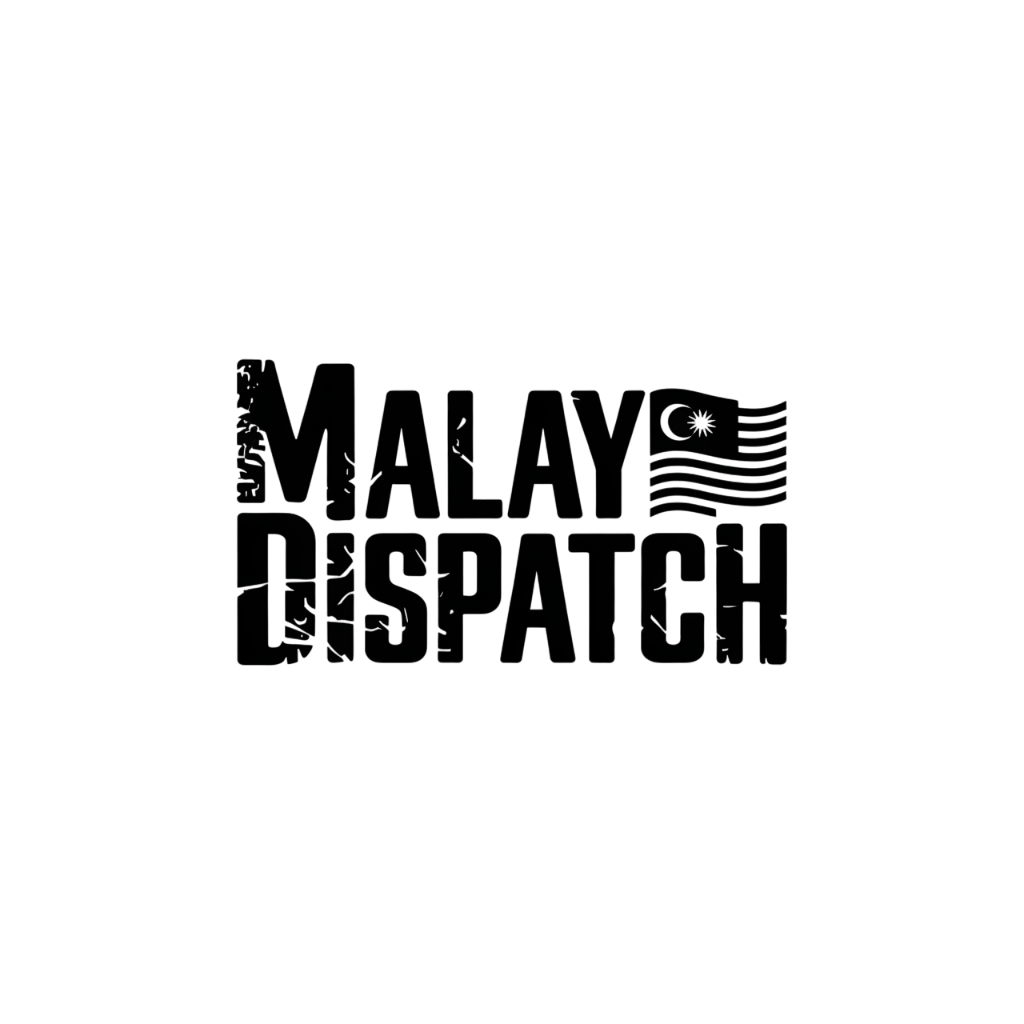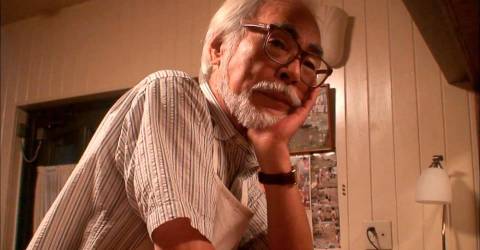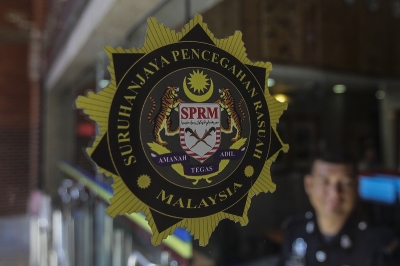A video from 2016 of Studio Ghibli’s legendary director Hayao Miyazaki lashing out during an AI demonstration from staff recently went viral amid looming debate about copyright and artificial intelligence (AI), particularly ChatGPT.
“I am utterly disgusted. If you really want to make creepy stuff, you can go ahead and do it. I would never wish to incorporate this technology into my work at all. I strongly feel that this is an insult to life itself,” he said in the video.
The trend “is especially insidious and malicious because of how outspokenly scathing Miyazaki has been toward the tech,“ wrote artist and illustrator Jayd “Chira” Ait-Kaci on Bluesky, adding that it is always about contempt for artists, every time.
The video resurfaced following the release of the latest image generator on OpenAI’s ChatGPT, which has triggered an online flood of memes featuring images done in the style of Studio Ghibli, the Japanese studio behind classic animated films such as Howl’s Moving Castle, My Neighbour Totoro and Princess Mononoke.
The virality of these images, with OpenAI CEO Sam Altman even changing his profile picture on X to match the style, immediately raised questions about copyright infringement by the ChatGPT maker, which already faces lawsuits regarding the use of source material without permission.
Since the release last week, AI-generated images depicting Studio Ghibli versions of Elon Musk with President Donald Trump, The Lord of the Rings and even a recreation of the September 11 attacks have gone viral across online platforms.
Originally intended to be available on the platform for free, Altman said the huge success of the new generator was unexpected and meant the tool would remain limited to paid users for now.
It was already possible to generate images with ChatGPT, but the latest version is powered by GPT-4o, the company’s highest-performing model, and allows sophisticated results to be obtained through very succinct requests, which was not the case before.
OpenAI is facing a barrage of lawsuits over copyright infringements, including one major case with the New York Times and others from artists, musicians and publishers.
Meanwhile, the company is aggressively lobbying the White House and Congress to make the use of copyrighted content by AI companies part of the fair use doctrine.
Fair use allowances already apply to search engines or in the case of satire and memes online, allowing companies to freely use copyrighted material without permission.
According to media reports, OpenAI is close to finalising a US$40 billion (RM177.32 billion) funding round led by Japan’s SoftBank Group, which would be the biggest funding round ever for a startup.
OpenAI has projected its annual revenue could exceed US$12.7 billion in 2025, up from US$3.7 billion expected this year.








